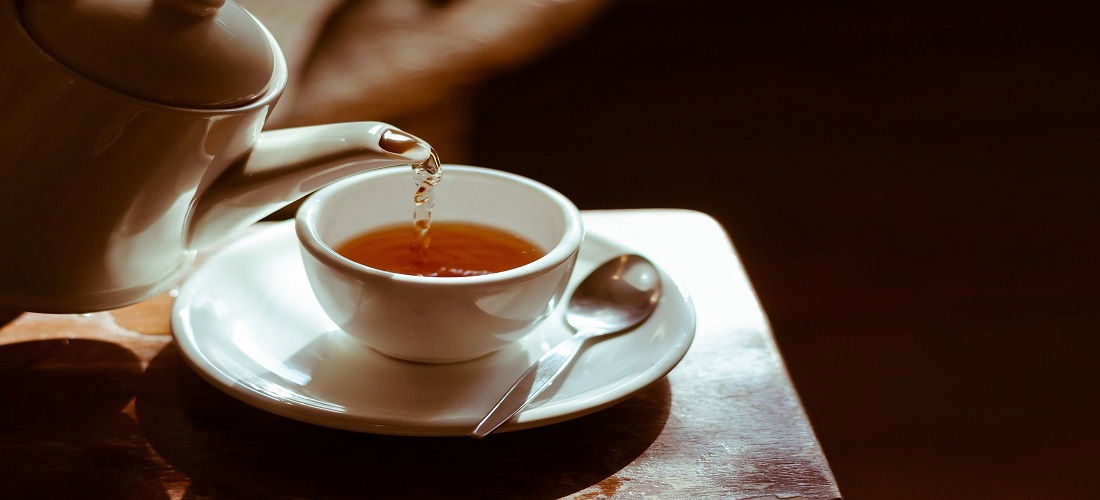Catnip Tea

Proven Health Benefits of Catnip Tea
- Improves the quality of sleep in both children and adults.
- Treats and relieves digestive issues.
- Remedy for fevers and colds.
- Aids in weight loss.
- Treatment for anxiety, stress, and nervousness.
- Improves digestion by relieving gastrointestinal issues.
- Relieves colic.
What is Catnip Tea?
Catnip tea is a hot water extract of (Nepeta Cataria) which belongs to the mint family (Lamiaceae) native to Europe and wildly distributed across Canada and the United States. Catnip is mostly known for its euphoric effects on felines. Catnip tea is a medicinal herbal tea made by soaking dried plant extracts (flowers and leaves) in hot water for ten minutes. The tea is famous for its relaxing properties, relieving anxiety, stress, migraines, and insomnia. Catnip occurs as a perennial plant characterized by square stems, ovate leaves, and small flowers, either white or pink. Other names for Catnip are Catmint, Cataire, Menta de Gato, Catnep, Catswort.
What is catnip tea used for?
Catnip tea has long been used to treat conditions such as headaches, insomnia, and anxiety. The Native Americans utilized Catnip in their medicine to treat coughs, relieve menstrual problems, colic, pneumonia, fevers, and sore throat. Catnip tea has been used to relieve and treat digestive issues such as gastrointestinal upset, flatulence, bloating, and cramping. Catnip tea in hot water releases volatile compounds such as thymol, pinene, and nepetalactone to bring about a calming and relaxing effect. The tea improves sleep quality when consumed in hot water or inhaled.2 Currently, Catnip tea is widely used by naturopaths and homeopaths as a herbal remedy for various ailments.
Health Benefits
- Calming and soothing effects caused by nepetalactone bring about relaxation, relieve stress, treat headaches and nervousness-related anxieties, and boost mood.
- Catnip tea is used to remedy restlessness during sleep in both adults and babies, effectively improving sleep quality by slowing down the body's natural cycles.
- Regulates bile and gastric juice production and secretion, thereby treating digestive issues such as flatulence, constipation, bloating, and diarrhea.
- Catnip tea strengthens the immune system alleviating fever, cold, chest congestion, and sinusitis.
- Boosts the body mechanisms by accelerating perspiration, detoxifying the body, thus aiding in weight loss.
- Acts as a hair moisturizer and conditioner when the hair is soaked in catnip tea infusion.
- The high amounts of antioxidants delay premature aging by absorbing the free radicals within the body and accelerating the body cell's repair progress.
Nutrition
A cup of Catnip tea (100g) contains;- Calories: 0%
- Total Fat: 0g
- Sodium: 0%
- Carbohydrates: 0g
- Protein: 0g
Toxicity
When taken in high doses, catnip tea may cause drowsiness and headaches. For pregnant women, catnip tea may stimulate the uterus, causing miscarriages. For some people, catnip tea caused stomach upsets when consumed.